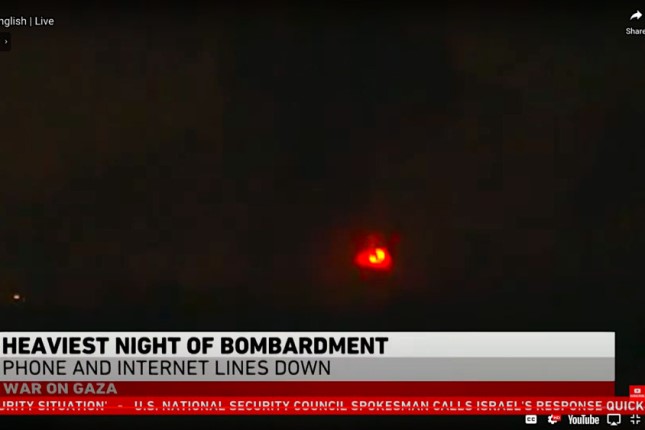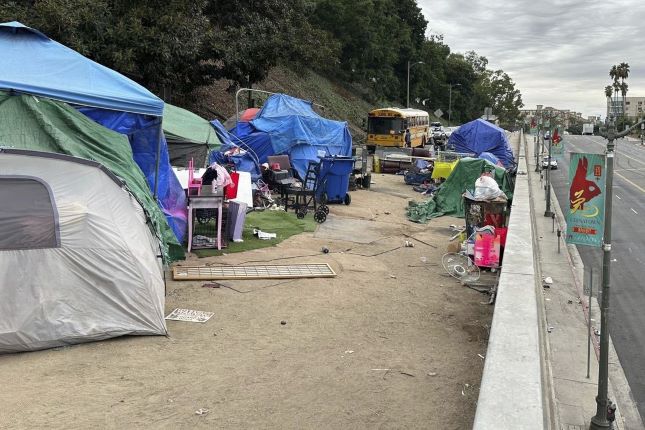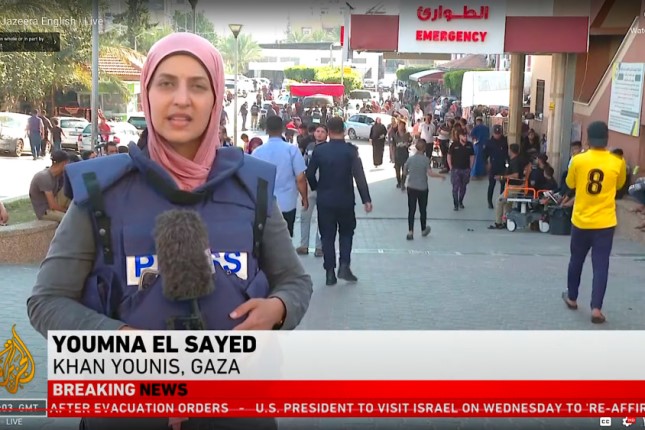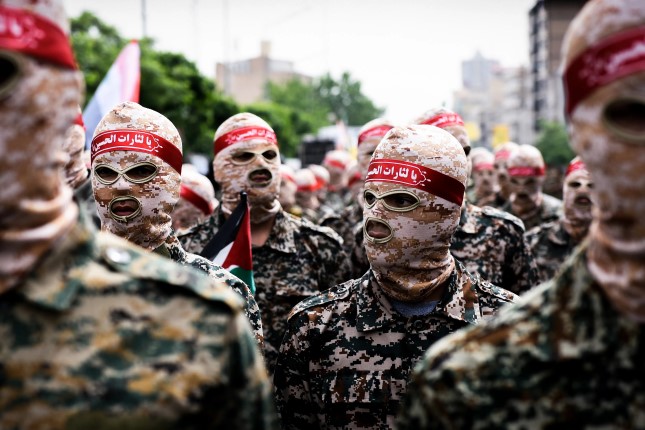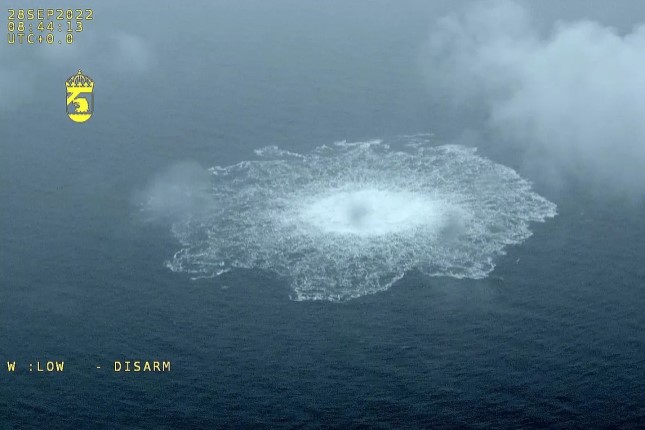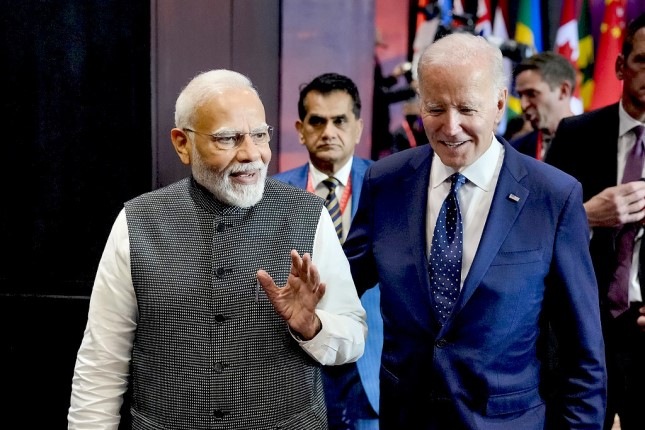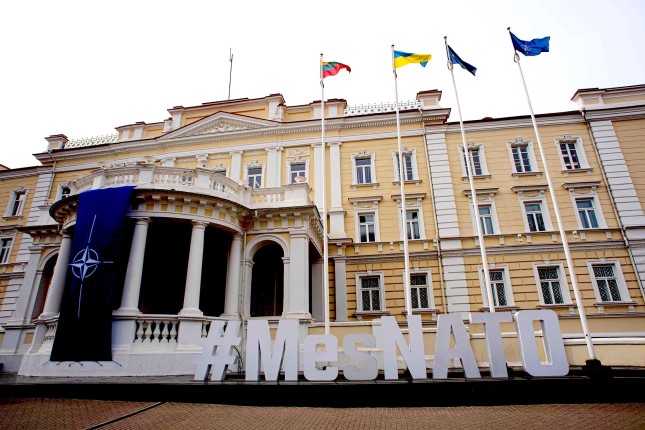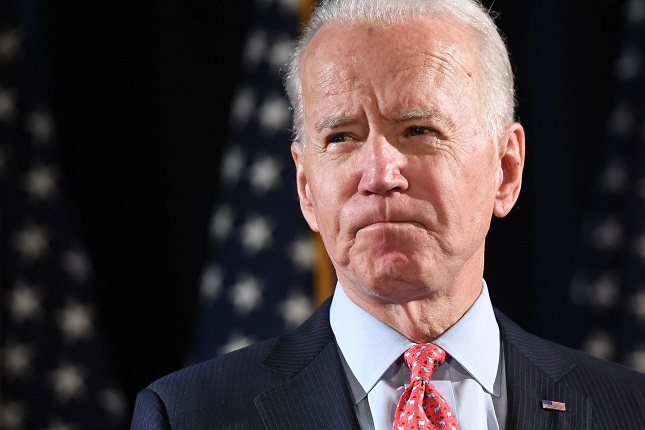Israeli ground forces have ramped up activities in Gaza in what anonymous U.S. officials are reportedly telling the press is a “rolling start” to the long-anticipated ground invasion.
Israel has also crippled Gaza’s largest telecommunications service, which had been the enclave’s last remaining contact with the outside world after Israel knocked out all the others. Humanitarian organizations and mainstream press outlets now say they have lost communication with their contacts in Gaza in a level of information blackout we’re unaccustomed to seeing in modern times.
“This information blackout risks providing cover for mass atrocities and contributing to impunity for human rights violations,” Human Rights Watch correctly notes.
And I’m going to go ahead and say that’s probably not just a convenient coincidence for Israel. A genocidal massacre in total darkness works very much to the advantage of those doing the massacring.
As Israeli siege warfare cuts Gazans off from both electricity and communications, we’re seeing the lights go out in Gaza in more ways than one.
The light has been further dimmed by the rampant killing of journalists by the Israeli military. Wikipedia, whose notoriously rigged editing system tends to skew information in the favor of U.S. information interests, still currently lists 17 journalists killed by the IDF in Gaza and another one in southern Lebanon in this current onslaught. NPR lists the numbers a bit higher, while conveniently declining to say who did the killing.
An Al Jazeera reporter named Wael Dahdouh lost his wife, son, daughter and baby grandson to a single Israeli airstrike in Gaza, saying “They’re taking their revenge by killing our children!” on the air while kneeling over the body of his dead son. He had reportedly moved them south of Gaza City following an Israeli evacuation order, believing it would keep them safe.
According to Reuters, the IDF is now telling both the Reuters and AFP news agencies that it cannot guarantee the safety of their reporters if they continue operating in the Gaza Strip. After Israel’s historically unparallelled assault on journalists these past three weeks, this can only be interpreted as a threat.
As we have discussed previously, Israel has been suffering for years from an increasingly worsening PR crisis as the ability to share and circulate raw video footage of its abuses emerged with the arrival of smartphones and widespread social media access.
During a 2021 video appearance for the International Festival of Whistleblowing, Dissent and Accountability, Israel-based journalist Jonathan Cook made some remarks that I find myself contemplating frequently as Israel scrambles to shut all the lights off in Gaza. Cook described the changes he’s seen as smartphones and internet access made Palestinians less dependent on the work of sympathetic activists and gave them the ability to directly share footage of their own abuse.
Here’s a quote: “Sadly most corporate journalists paid little attention to the work of these activists. In any case, their role was quickly snuffed out. That was partly because Israel learnt that shooting a few of them served as a very effective deterrent, warning others to keep away. “But it was also because as technology became cheaper and more accessible?—?eventually ending up in mobile phones that everyone was expected to have?—?Palestinians could record their own suffering more immediately and without mediation. “Israel’s dismissal of the early, grainy images of the abuse of Palestinians by soldiers and settlers?—?as ‘Pallywood’ (Palestinian Hollywood)?—?became ever less plausible, even to its own supporters. Soon Palestinians were recording their mistreatment in high definition and posting it directly to YouTube.”
Israel is perhaps more acutely aware than any other government on earth of how disadvantageous it is to have your crimes recorded in the light of day and shared with the world. That’s why it shut the lights off in Gaza: because murderers don’t like witnesses.
Main photo: Al Jazeera screenshot.
Source: Consortium News.
